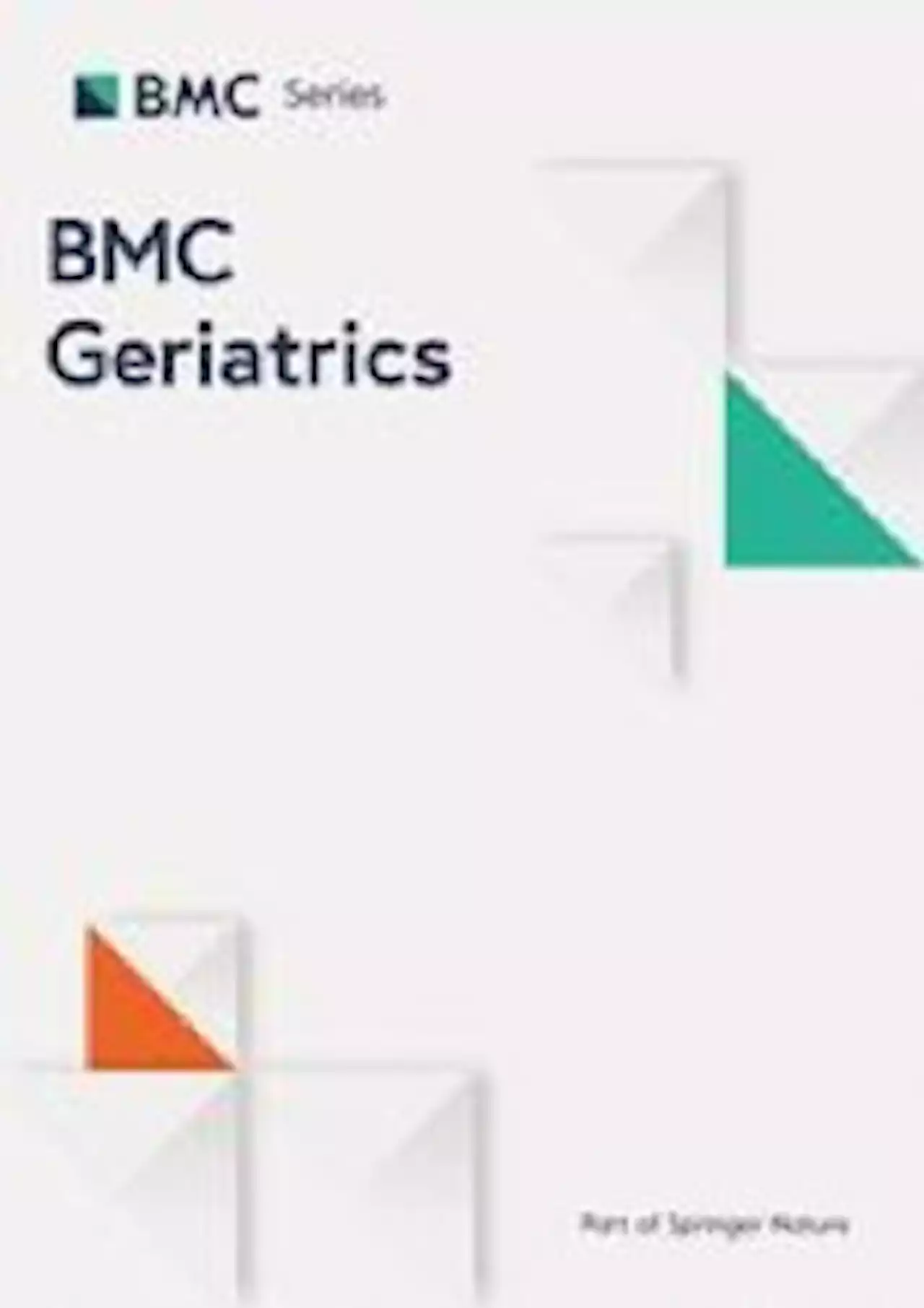Can you help police?
Police have released a CCTV image after thieves distracted a shopper and stole cash she had withdrawn from a Nottingham bank. The 66-year-old shopper had withdrawn a large sum of cash from Lloyds bank in Lower Parliament Street, Nottingham city centre, and then made her way to the Victoria Market on Saturday, June 24 at around 12noon.
Nottinghamshire Police has now released a CCTV image of two women they would like to speak to in connection with the incident. PC Aaron Harthill-Harrison, who is investigating the incident, said: “This was extremely distressing for the victim who has lost a significant amount of money.“It is believed that the suspects have followed the victim from the bank to the Victoria Market where she has been targeted. It is the only way they would have known the money was in the shopping trolley.
United Kingdom Latest News, United Kingdom Headlines
Similar News:You can also read news stories similar to this one that we have collected from other news sources.
 Suspect arrested after PSNI CCTV room spot man with 'large knife' in BelfastPolice said he tried to 'hide' but sniffer dogs were called in and he will be interviewed 'about his extremely poor decision'
Suspect arrested after PSNI CCTV room spot man with 'large knife' in BelfastPolice said he tried to 'hide' but sniffer dogs were called in and he will be interviewed 'about his extremely poor decision'
Read more »
 Banking Giants Give Favorable Loan Terms To Lower-Emission Ships | OilPrice.com“The emphasis on ESG by banks and lenders and owners has grown stronger. This has also affected lenders in vessels which are not deemed to be in line with reducing emissions,” wrote said Ted Petropoulos, Head of Petrofin Research.
Banking Giants Give Favorable Loan Terms To Lower-Emission Ships | OilPrice.com“The emphasis on ESG by banks and lenders and owners has grown stronger. This has also affected lenders in vessels which are not deemed to be in line with reducing emissions,” wrote said Ted Petropoulos, Head of Petrofin Research.
Read more »
 Visa rules eased for building and fishing industryConstruction workers and fishermen now face lower fees and requirements to qualify for skilled worker visas.
Visa rules eased for building and fishing industryConstruction workers and fishermen now face lower fees and requirements to qualify for skilled worker visas.
Read more »
 Fish intake and pre-frailty in Norwegian older adults - a prospective cohort study: the Tromsø Study 1994–2016 - BMC GeriatricsBackground Pre-frailty is an intermediate, potentially reversible state before the onset of frailty. Healthy dietary choices may prevent pre-frailty. Fish is included in most healthy diets, but little is known about the association between long-term habitual fish intake and pre-frailty. We aimed to elucidate the longitudinal association between the frequency of fish intake and pre-frailty in a cohort of older adults in Norway. Methods 4350 participants (52% women, ≥65 years at follow-up) were included in this prospective cohort study. Data was obtained from three waves of the population-based Tromsø Study in Norway; Tromsø4 (1994–1995), Tromsø6 (2007–2008) and Tromsø7 (follow-up, 2015–2016). Frailty status at follow-up was defined by a modified version of Fried’s phenotype. Fish intake was self-reported in the three surveys and assessed as three levels of frequency of intake: low (0–3 times/month), medium (1–3 times/week) and high (≥ 4 times/week). The fish–pre-frailty association was analysed using multivariable logistic regression in two ways; (1) frequency of intake of lean, fatty and total fish in Tromsø6 and pre-frailty at follow-up, and (2) patterns of total fish intake across the three surveys and pre-frailty at follow-up. Results At follow-up, 28% (n = 1124) were pre-frail. Participants with a higher frequency of lean, fatty and total fish intake had 28% (odds ratio (OR) = 0.72, 95% confidence interval (CI) = 0.53, 0.97), 37% (OR = 0.63, 95% CI = 0.43, 0.91) and 31% (OR = 0.69, 95% CI = 0.52, 0.91) lower odds of pre-frailty 8 years later compared with those with a low intake, respectively. A pattern of stable high fish intake over 21 years was associated with 41% (OR = 0.59, 95% CI = 0.38, 0.91) lower odds of pre-frailty compared with a stable low intake. Conclusions A higher frequency of intake of lean, fatty and total fish, and a pattern of consistent frequent fish intake over time, were associated with lower odds of pre-frailty in older community-dwelling
Fish intake and pre-frailty in Norwegian older adults - a prospective cohort study: the Tromsø Study 1994–2016 - BMC GeriatricsBackground Pre-frailty is an intermediate, potentially reversible state before the onset of frailty. Healthy dietary choices may prevent pre-frailty. Fish is included in most healthy diets, but little is known about the association between long-term habitual fish intake and pre-frailty. We aimed to elucidate the longitudinal association between the frequency of fish intake and pre-frailty in a cohort of older adults in Norway. Methods 4350 participants (52% women, ≥65 years at follow-up) were included in this prospective cohort study. Data was obtained from three waves of the population-based Tromsø Study in Norway; Tromsø4 (1994–1995), Tromsø6 (2007–2008) and Tromsø7 (follow-up, 2015–2016). Frailty status at follow-up was defined by a modified version of Fried’s phenotype. Fish intake was self-reported in the three surveys and assessed as three levels of frequency of intake: low (0–3 times/month), medium (1–3 times/week) and high (≥ 4 times/week). The fish–pre-frailty association was analysed using multivariable logistic regression in two ways; (1) frequency of intake of lean, fatty and total fish in Tromsø6 and pre-frailty at follow-up, and (2) patterns of total fish intake across the three surveys and pre-frailty at follow-up. Results At follow-up, 28% (n = 1124) were pre-frail. Participants with a higher frequency of lean, fatty and total fish intake had 28% (odds ratio (OR) = 0.72, 95% confidence interval (CI) = 0.53, 0.97), 37% (OR = 0.63, 95% CI = 0.43, 0.91) and 31% (OR = 0.69, 95% CI = 0.52, 0.91) lower odds of pre-frailty 8 years later compared with those with a low intake, respectively. A pattern of stable high fish intake over 21 years was associated with 41% (OR = 0.59, 95% CI = 0.38, 0.91) lower odds of pre-frailty compared with a stable low intake. Conclusions A higher frequency of intake of lean, fatty and total fish, and a pattern of consistent frequent fish intake over time, were associated with lower odds of pre-frailty in older community-dwelling
Read more »
 Paris 2024 Olympics: Concern over French plan for AI surveillanceCCTV will use algorithms to detect fights and abandoned bags - but not everyone is happy about it.
Paris 2024 Olympics: Concern over French plan for AI surveillanceCCTV will use algorithms to detect fights and abandoned bags - but not everyone is happy about it.
Read more »
 Loneliness linked to increased dementia risk in older people, research suggestsA study found that those with lower social interaction also had small areas of brain damage associated with Alzheimer's and strokes.
Loneliness linked to increased dementia risk in older people, research suggestsA study found that those with lower social interaction also had small areas of brain damage associated with Alzheimer's and strokes.
Read more »
